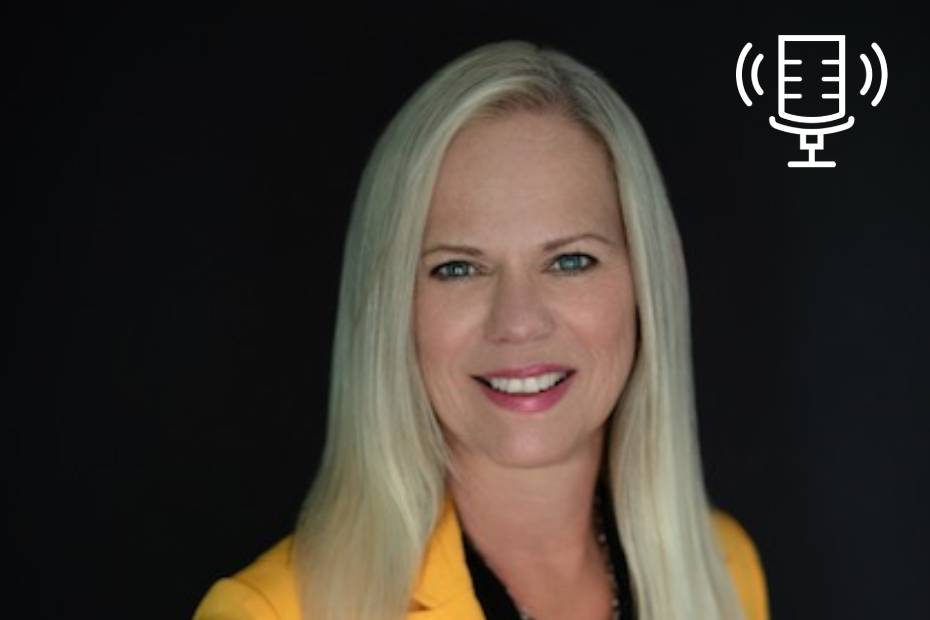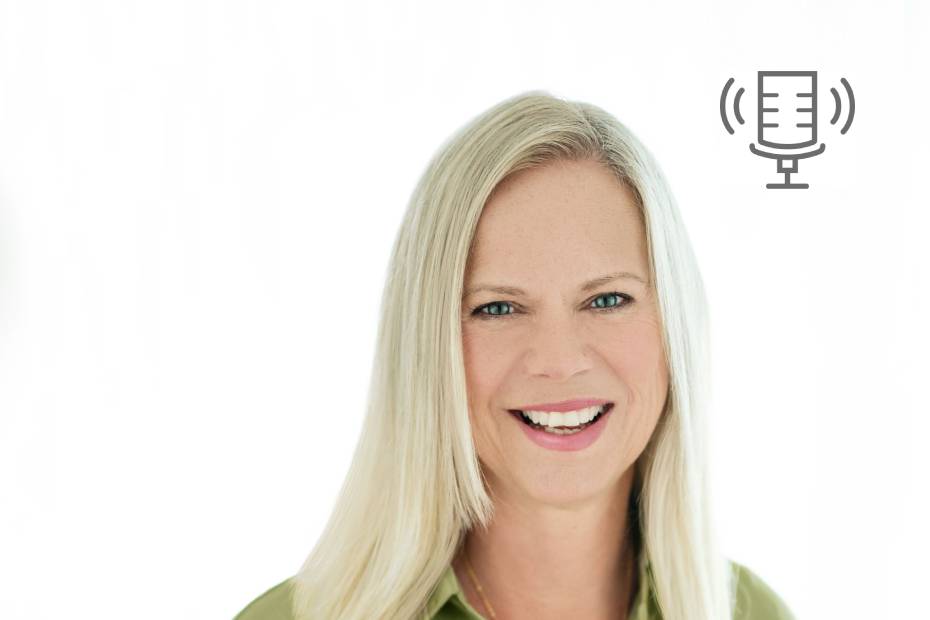While tidying up your home and organizing your life can bring a sense of joy, freedom and control, the same may be said for organizing your finances.
In fact, purging, merging and organizing your financial life may give you a better grasp of what you have, and set you up for a more enjoyable retirement — especially if you find money stashed away in these long-lost accounts. Did you know that the Bank of Canada is holding approximately $816 million in unclaimed balances from accounts people have forgotten?
Here are seven ways to help organize your financial life and find more clarity for your future.
1. Merge Bank Accounts.
If you have a number of different accounts — perhaps that you used for different goals and purposes over the years — now is the time to tidy them up. Keep only the accounts you need — such as one savings account and one checking account — and transfer any lingering balances in.
2. Purge Old Credit Cards.
Like with a forgotten coat in your closet, if you can’t remember the last time you used a credit card, get it out of your life — especially if they have an annual fee. The best way to do this is to call your credit card issuer and ask for your account be closed. Even if you’re still carrying a balance, you can usually close off the card to new charges while you pay it off. Just be sure to keep one or two cards to maintain your credit score and access to emergency funds. It’s a matter of reducing, simplifying, and making thoughtful choices about what to keep and what to discard.
3. Toss Old Tax Returns.
If you become the subject of a CRA audit, the government will go back a maximum of six years to really dig into your finances. So for anything older than that, get out your shredder. Depending on how long you have been storing your old returns, you could be purging a few boxes right here.
4. Review Your RRSP Beneficiaries.
Is your ex- still the beneficiary of your RRSP? Or only your first child (out of three)? Like with a will, make sure your beneficiaries are up to date so your money goes to the people you intend to receive it.
5. Consolidate Your Pension and/or Company Retirement Plans.
If you’ve worked at a few places over your career, you might have started a handful of retirement plans, or have a pension in each of those companies. Did you transfer them to other accounts when you left? Where IS that money now? Get all your retirement savings where you can see them so you know where you stand.
6. Size Up Your Insurance Policies.
When did you start your home insurance policy? Does it reflect what you have today? Depending on when you first started your policy, you could have considerably more (or less) than you needed to, way back when. It’s also a good idea to check that your auto policy isn’t covering a child who’s long out of the house, and that the address, family status, and health status on your life insurance plan matches your current situation.
7. Update Your Will.
When was the last time you looked at your will? Is there a new grandchild in your life? Perhaps a charity has become important to you? Make sure any changes in your life are reflected in your will, so that the assets you leave behind go to the people and causes you care most about.
Once you’ve organized all your accounts, plans and policies, you may want to put all the information on paper so you have a snapshot of what you have and what it’s all worth. While simplifying your financial life may not spark the same kind of joy that organizing your home may bring, organizing your finances now can help you achieve clarity and control as you look forward to your next life stage.
Want to learn more? Visit our Retirement Hub
This article is intended as general information only and is not to be relied upon as constituting legal, financial or other professional advice. A professional advisor should be consulted regarding your specific situation. Information presented is believed to be factual and up-to-date but we do not guarantee its accuracy and it should not be regarded as a complete analysis of the subjects discussed. All expressions of opinion reflect the judgment of the authors as of the date of publication and are subject to change. No endorsement of any third parties or their advice, opinions, information, products or services is expressly given or implied by Royal Bank of Canada or any of its affiliates.















